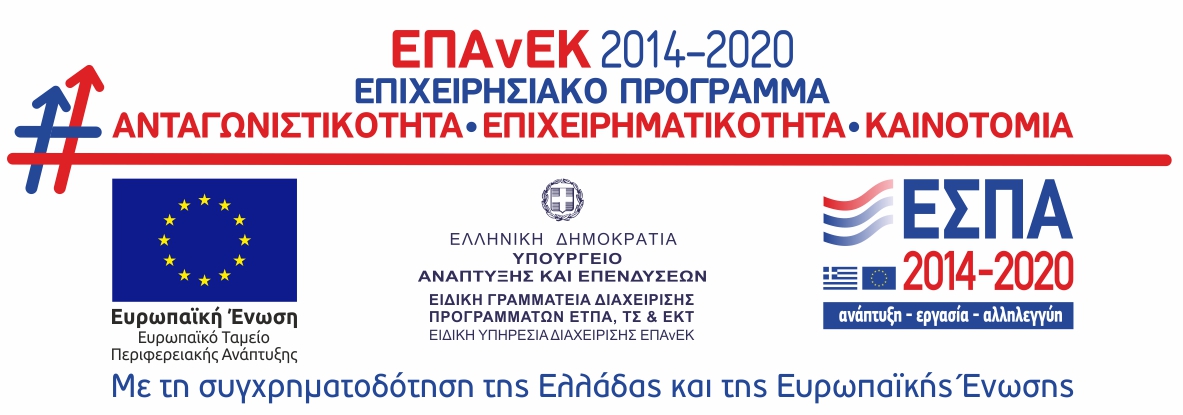*This interview was first published in Issue 141 of the TESOL Greece Journal
How can the 5 Ts of TESOL be used in different teaching contexts?
The 5 Ts of TESOL as conceptualized for TESOL Greece’s 40th anniversary and annual convention can be applied across various contexts and levels. Each of these verbs may take different connotations and meanings depending on the specific context and situation. For instance, what “teach” means at the elementary/primary level may involve different levels of expertise that may be different from the ones involved for working at the secondary level. More about this during my plenary!
How have your personal experiences as an ESL learner helped you in your overall career as an English teacher?
My experiences as an English as additional language (EAL) (I prefer this terminology) helped me in my own teaching of ESOL students in Brazil and in the United States. They still inform my work as a teacher educator now, as I often use examples from my learning to discuss issues that future teachers may encounter with ESOL students, always discussing differences about how I learned English in the context of Brazil and how their current or future students learn English in the context of the U.S.
How do you see the future of ELT teaching in the next 20 -30 years?
That is a question that I don’t think I can answer in just a few sentences or even a few paragraphs! But I do see the future of ELT as being much more multilingual than it is now – this is actually related to the topic of my Presidential Plenary at the TESOL International Association annual convention in Atlanta. I believe we are at a turning point in ELT – a multilingual turn – one that will move us beyond using what I call monolingual teaching strategies and skills. More in Atlanta!
What will the impact of technology be on ELT in the future?
The impact is already here. We have seen so many changes over the past 10-15 years in technology integration and use in teaching. But I believe we still have a long way to go in preparing teachers for the technology tools that they will have in their classrooms. Technology tools keep changing and teacher educators and teachers have to catch up in order to be efficient and effective with new generations of students who are more and more familiar with technology.
How can underprivileged ELLs benefit from online education?
One issue is access – how can underprivileged ELLs get access to technology so they can benefit from not only online education but also all of the technology tools available for learning? I believe funding technology in schools is one way to provide access.
Do teacher communities ultimately assist language educators, and how can language educators make the most of them?
I believe teacher communities are essential for teachers’ professional learning if they make the most out of them. So these questions for me are interrelated. If teacher communities are online, contributing to discussions and posting questions or issues are important components of participation in these online communities.











